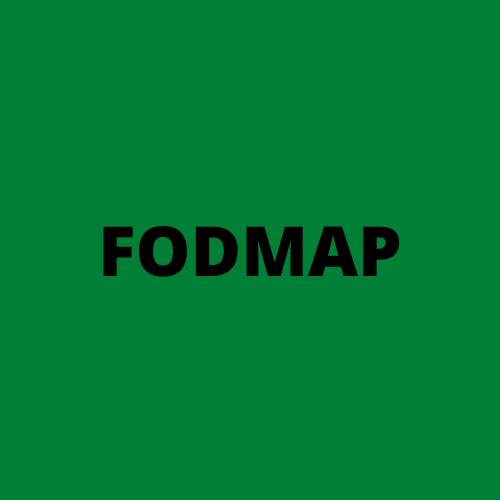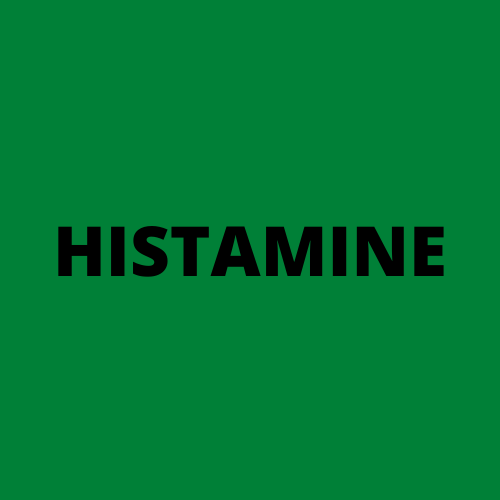OAT ALLERGY
Key Allergens
IgE Allergy to cereals is generally rare; prevalence of cereal-related diseases are highest for wheat and lowest for oats.
All varieties of oats contain gluten and avenin, which is a prolamin similar to wheat gliadin which can be the cause of allergic reactions.
Oats are usually a good starter food for babies due to its consistency and that it doesn't contain any of the main panallergens.
Food Intolerances



Oat is a low FODMAP food. FODMAP stands for Fermentable oligosaccharides, disaccharides, monosaccharides and polyols. Foods high in FODMAPs can cause symptoms of food intolerance, affecting the gastro intestinal system and this can be mistaken for a true IgE food allergy.
Oats contain a moderate amount of lectins, another cause of food intolerance. Cooking foods with lectins makes them more digestible and can reduce the symptoms of food intolerance.
Oat is also a food low in histamine. So suitable for those on a low histamine diet.
You can read more about Food Intolerances on the dedicated Food Intolerance Page.
Associated Syndromes
Coeliac disease is not an allergic condition, but is triggered by gluten found in wheat and there are similarly shaped proteins in lesser quantities in oats to which sensitive individuals may react.
Oats are a common food involved in Food Protein Induced Enterocolitis Syndrome (also known as FPIES).
Cross Reactivity
Note that this food list is not exhaustive, the most up to date information is available on the Cross Reactivity Tool.
Resources
Websites
Allergy information for: Oat (Avena sativa)
Healthline - Oat Allergy: Symptoms, Causes, and Treatment
The Master Histamine Intolerance Food List
Articles and Journals
Unsafe medications for patients with food allergy, 2024
Disorders related with gluten and sources for gluten free diet, 2023
Commercial Oats and Patients With Celiac Disease, 2023
Food Allergy and Cross Allergic Reactions in Children under Hot Climate, 2023
The clinical cross-reactivity and immunological cross-antigenicity of wheat and barley, 2022
Oat Allergy: Report on 2 Cases, 2020
The Pros and Cons of Using Oat in a Gluten-Free Diet for Celiac Patients, 2019
Food protein-induced enterocolitis syndrome: a review of the new guidelines, 2018
Reducing the incidence of allergy and intolerance to cereals, 2014
Oat sensitization in children with atopic dermatitis: prevalence, risks and associated factors, 2007
Food protein-induced enterocolitis syndrome caused by solid food proteins, 2003